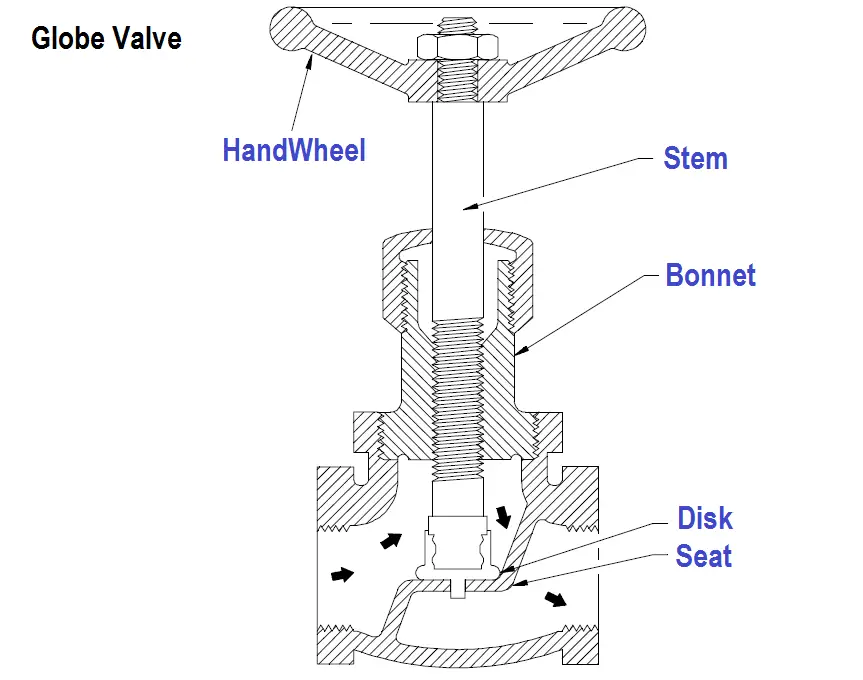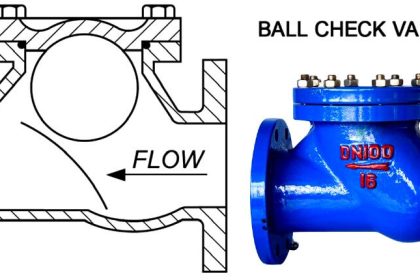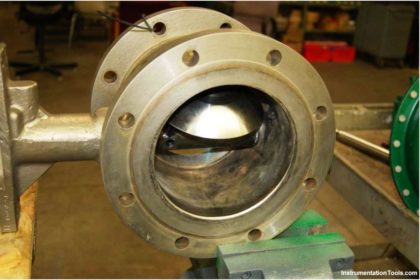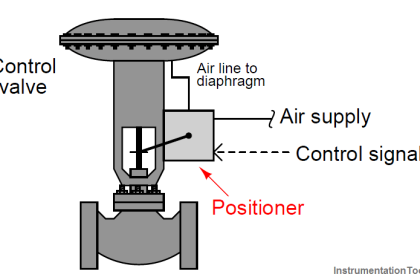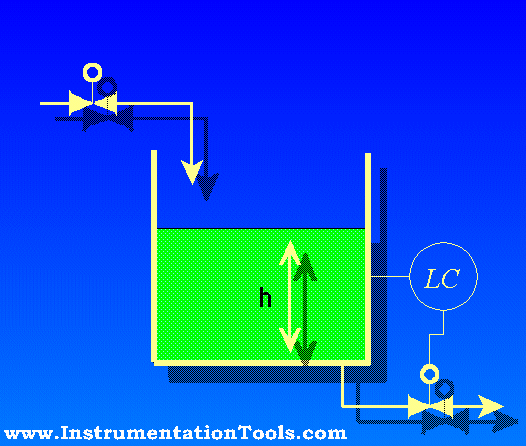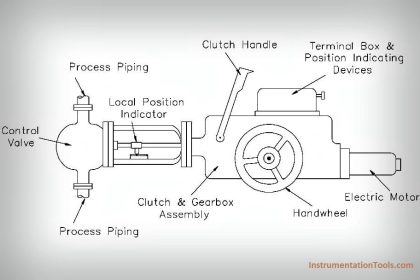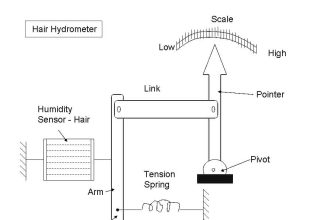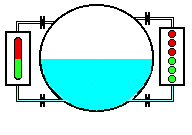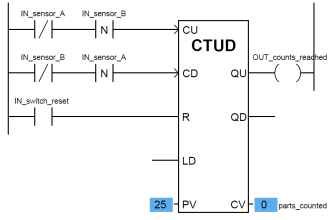A globe valve is a linear motion valve used to stop, start, and regulate fluid flow.
A Z-body globe valve is illustrated in below Figure. The globe valve disk can be totally removed from the flowpath or it can completely close the flowpath.
The essential principle of globe valve operation is the perpendicular movement of the disk away from the seat.
Figure : Z-Body Globe Valve
This causes the annular space between the disk and seat ring to gradually close as the valve is closed. This characteristic gives the globe valve good throttling ability, which permits its use in regulating flow.
Therefore, the globe valve may be used for both stopping and starting fluid flow and for regulating flow.
When compared to a gate valve, a globe valve generally yields much less seat leakage. This is because the disk-to-seat ring contact is more at right angles, which permits the force of closing to tightly seat the disk.
Globe valves can be arranged so that the disk closes against or in the same direction of fluid flow. When the disk closes against the direction of flow, the kinetic energy of the fluid impedes closing but aids opening of the valve.
When the disk closes in the same direction of flow, the kinetic energy of the fluid aids closing but impedes opening. This characteristic is preferable to other designs when quick-acting stop valves are necessary.
Globe valves also have drawbacks. The most evident shortcoming of the simple globe valve is the high head loss from two or more right angle turns of flowing fluid.
Obstructions and discontinuities in the flowpath lead to head loss. In a large high pressure line, the fluid dynamic effects from pulsations, impacts, and pressure drops can damage trim, stem packing, and actuators.
In addition, large valve sizes require considerable power to operate and are especially noisy in high pressure applications.
Other drawbacks of globe valves are the large openings necessary for disk assembly, heavier weight than other valves of the same flow rating, and the cantilevered mounting of the disk to the stem.
